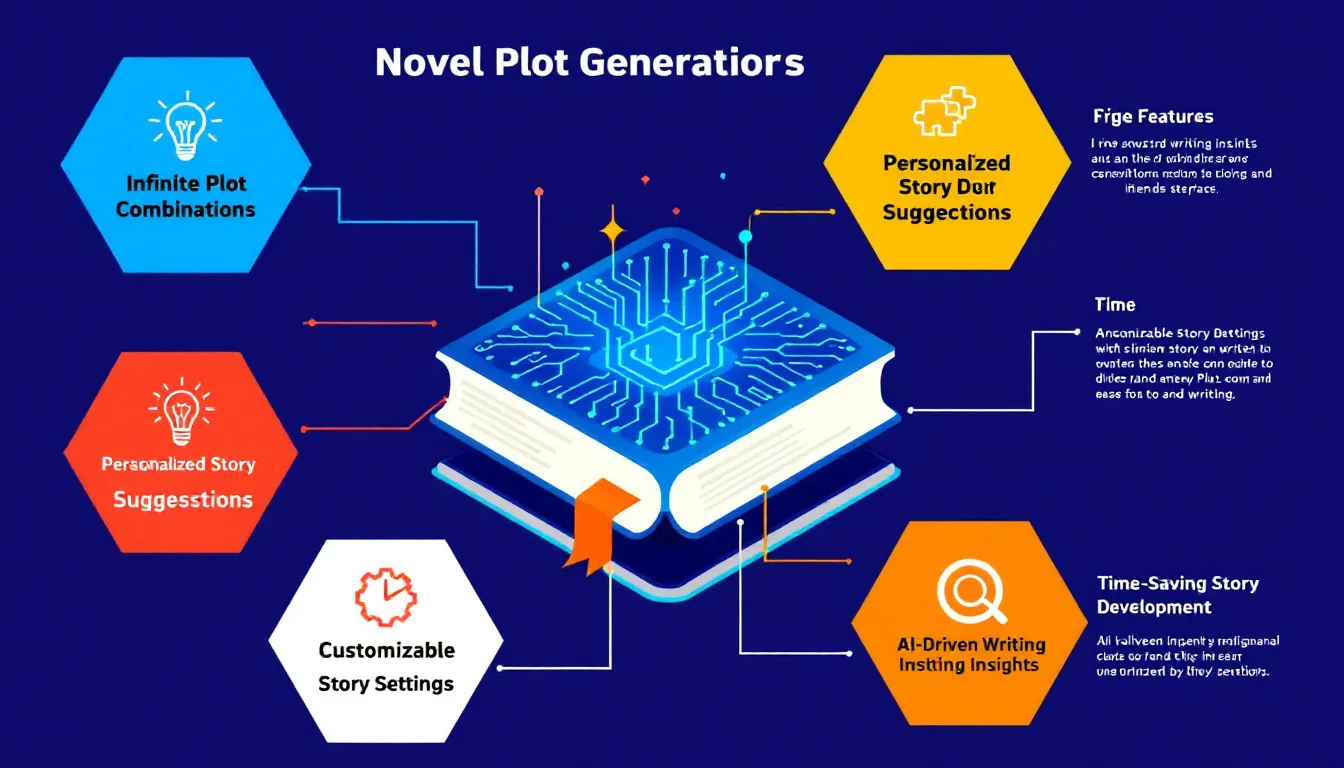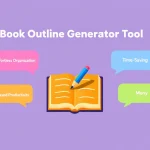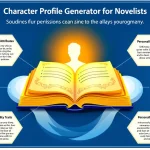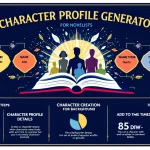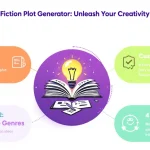Fiction Novel Continuation Suggestions
Is this tool helpful?
How to Use the Fiction Novel Continuation Suggestion Tool Effectively
To get the best results from this AI-powered fiction novel continuation tool, provide clear and detailed information in each field. Here’s how to complete the fields with relevant examples:
-
Summarize Current Chapters: Write a concise overview of your existing story, highlighting main events and character progress. For example:
- “In a post-apocalyptic world, engineer Mia rebuilds a community amidst rising mutant threats while uncovering secrets about her past.”
- “In a small coastal town, detective Ryan investigates a series of bizarre disappearances linked to an ancient local legend.”
-
Specify Genre: Enter your novel’s genre so the suggestions align with genre conventions. Examples include:
- “Urban Fantasy”
- “Psychological Thriller”
-
List Main Characters: Include names and brief descriptions of your core characters with key traits. For instance:
- “Mia: Resourceful engineer, cautious but compassionate. Jonas: Loyal friend, quick-witted mechanic. Dr. Hines: Mysterious scientist with hidden motives.”
- “Detective Ryan: Determined investigator with a dark past. Sarah: Journalist seeking the truth. Marcus: Town elder, keeper of old tales.”
-
Describe Writing Style (Optional): Share details about your narrative tone or pacing, such as:
- “Moody atmosphere with introspective narration”
- “Fast-paced, action-driven chapters with sharp dialogue”
-
Specify Desired Elements or Themes for Upcoming Chapters (Optional): Indicate what you want to focus on, like:
- “Building character trust amidst growing danger”
- “Unveiling the hidden political power struggle”
- Generate Suggestions: Click the button to receive AI-generated ideas that fit your story’s context and style.
Providing specific, descriptive input gives you targeted and practical suggestions, helping you continue your novel with confidence.
Fiction Novel Continuation Suggestion Tool: Definition, Purpose, and Benefits
The Fiction Novel Continuation Suggestion Tool uses artificial intelligence to analyze your current story details, including plot summary, genre, and character profiles, then generates tailored ideas for upcoming chapters. This tool offers creative support by helping you explore new plot directions and deepen character development without rewriting your existing work.
Whether you’re facing writer’s block, seeking fresh narrative angles, or want to maintain story consistency, this tool provides suggestions that blend seamlessly with your writing style and genre expectations.
Key Benefits
- Beat Writer’s Block: Discover new ideas when your creativity stalls.
- Expand Plot Possibilities: Explore unexpected narrative twists beyond your initial plan.
- Enhance Character Arcs: Get ideas for meaningful conflicts and growth.
- Ensure Narrative Cohesion: Maintain alignment with your existing story structure and themes.
- Save Time: Jumpstart your writing process with ready-made suggestions.
- Align with Your Voice: Receive ideas that respect your unique writing style and pacing.
How AI Enhances Your Storytelling
The tool’s AI engine understands fictional narrative elements and applies genre conventions, character logic, and plot structure rules to craft advice that fits your story’s context. It acts like a creative partner, challenging you to think differently about your story direction while honoring your authorial voice.
Practical Uses of the Fiction Novel Continuation Suggestion Tool
This tool supports various stages of your novel-writing journey, offering value whether you’re just starting or revising deep into your manuscript.
Use Cases
- Overcoming Plot Stagnation: When progress slows, input your current chapter summaries and get fresh plot developments to reignite momentum.
- Building Complex Characters: Receive suggestions for adding layers to your characters’ relationships and motivations.
- Maintaining Genre Consistency: Ensure your story stays true to genre expectations with appropriate themes and tones.
- Balancing Pacing and Tension: Get ideas to keep readers engaged through well-timed reveals and conflicts.
- Exploring New Themes: Use optional input fields to direct the tool toward specific concepts you want to explore.
Examples of Tool Application
Example 1: Fantasy Adventure
A novelist struggling with expanding their magical world uses the tool, providing a summary focused on political intrigue and character alliances. The tool proposes:
- Introducing a secret faction opposing the protagonist’s goals
- Creating a subplot involving ancient magical artifacts that affect alliances
- Suggesting moral dilemmas that challenge character loyalties
Example 2: Psychological Thriller
An author wants to deepen the internal conflict of their lead character. After inputting current plot points and character traits, the tool suggests:
- A twist questioning the protagonist’s perception of reality
- Introducing a manipulative antagonist with hidden motives
- Using flashbacks to reveal traumatic memories influencing decisions
Example 3: Science Fiction Series
Facing challenges continuing a story about space exploration and AI ethics, a writer inputs key plot points and themes. The tool recommends:
- Adding AI characters struggling with autonomy and loyalty
- Exploring political tension between human colonies and AI entities
- Introducing a mystery involving a lost spaceship with critical technology
Frequently Asked Questions About the Fiction Novel Continuation Suggestion Tool
1. Can this tool write my novel for me?
No. The tool provides creative suggestions and ideas, but you remain the author in charge of writing, shaping characters, and crafting your story’s voice.
2. Will the suggestions reduce my novel’s originality?
Not at all. Suggestions serve as creative prompts based on your inputs. You choose which ideas to develop, ensuring your story stays unique and personal.
3. Is this tool suitable for all writing skill levels?
Yes. Whether you’re a beginner or experienced author, this tool offers valuable insights and direction tailored to your work.
4. Can I use this tool for any fiction genre?
Absolutely. Enter your specific genre to receive suggestions aligned with its conventions, from romance and fantasy to mystery and sci-fi.
5. How often can I use this tool for the same novel?
You can use it as often as needed during your writing process — when starting a new chapter, revising story arcs, or whenever you feel stuck.
6. Will the tool suggest changes to my existing chapters?
This tool focuses exclusively on providing suggestions for continuing your story. It does not modify your existing chapters or rewrite your text.
Important Disclaimer
The calculations, results, and content provided by our tools are not guaranteed to be accurate, complete, or reliable. Users are responsible for verifying and interpreting the results. Our content and tools may contain errors, biases, or inconsistencies. Do not enter personal data, sensitive information, or personally identifiable information in our web forms or tools. Such data entry violates our terms of service and may result in unauthorized disclosure to third parties. We reserve the right to save inputs and outputs from our tools for the purposes of error debugging, bias identification, and performance improvement. External companies providing AI models used in our tools may also save and process data in accordance with their own policies. By using our tools, you consent to this data collection and processing. We reserve the right to limit the usage of our tools based on current usability factors.
